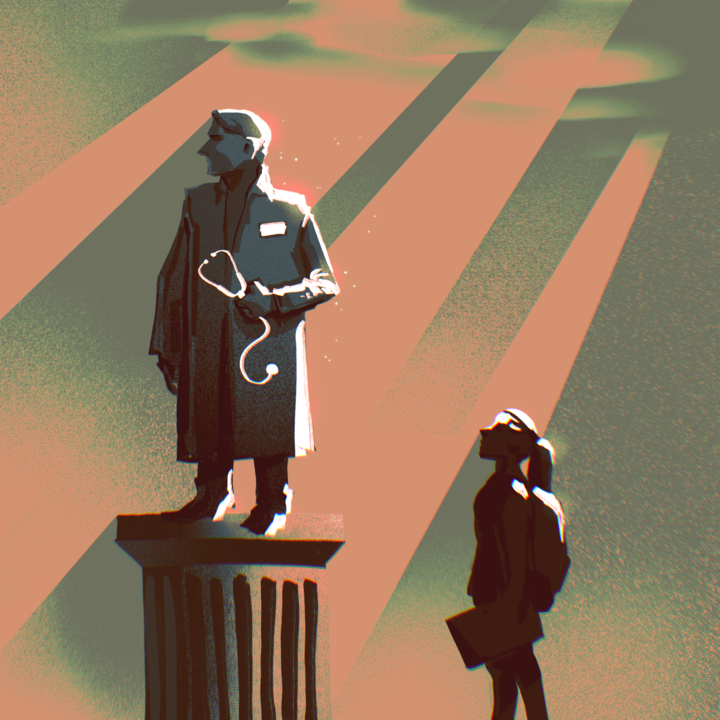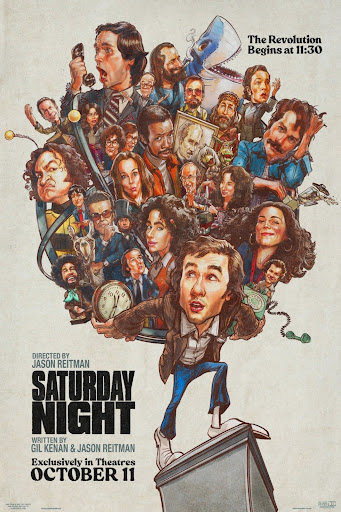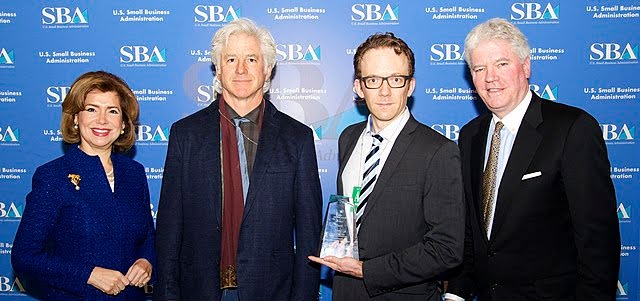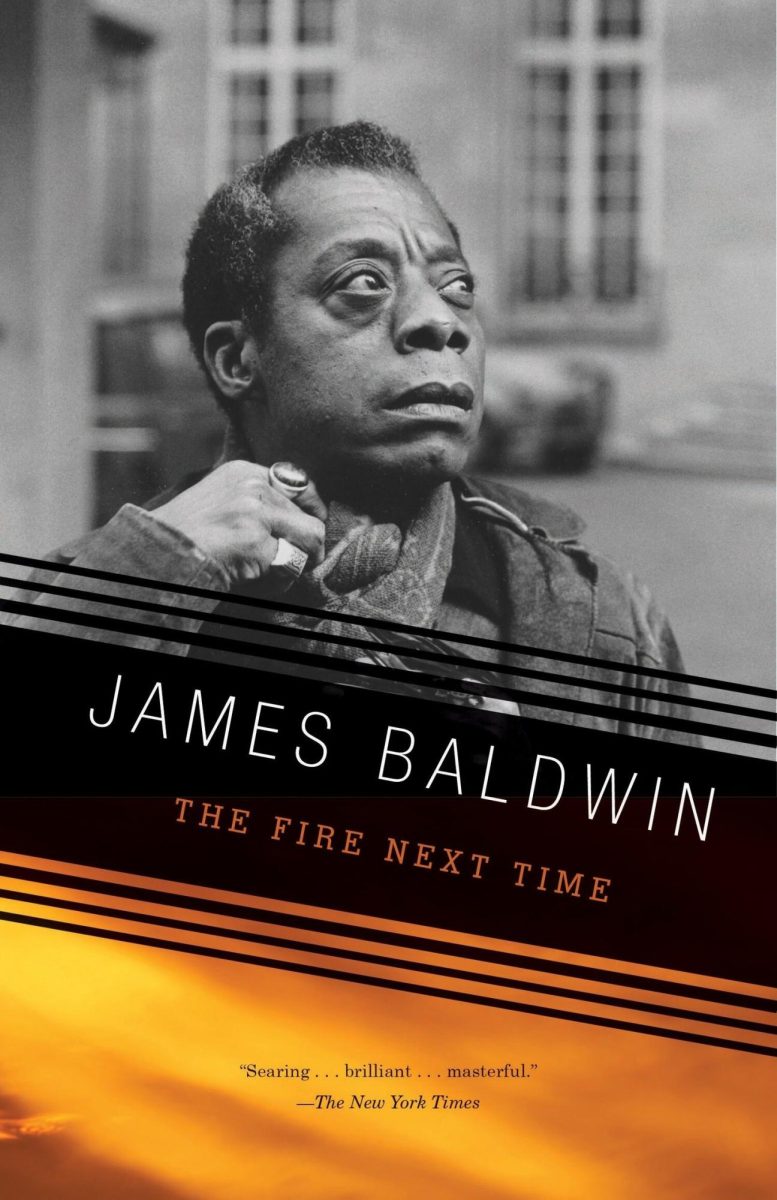Following up on the flamboyant spirit of Coming Out Week, today we shall discuss the hot-button word, “”faggot.”” This will be a fair and articulate exposé on the nomenclature, a magical journey through time and space, exploring the myriad manifestations and uses of the word in question.
Through the careful application of knowledge, history and social folklore, we will finally be able to understand how the Olde English word for measuring bundles of sticks became what Chad is after missing a cup at beer pong.
Faggot originated as an English word used to describe different amounts of twigs or short pieces of wood. As a meter refers to length, a faggot relayed the amount of wood that would compile the pile (real fact: a short faggot = 2 by 3 feet sticks, a long faggot = 2 by 4 feet). It eventually morphed into a more general word for a burning pile of sticks, given the usual use one would have for a bundle of twigs (voodoo dolls and Yule goats notwithstanding).
Phallic conclusions aside, the eventual evolution from such an innocent connotation to an offensive slang for a gay man is, at best, hazy. After about five minutes of extensive research on the internet, I was able to discern two main schools of theory. The first is that faggots of wood were used commonly in the burning at the stake of heretics in the Inquisition for crimes that frequently included homosexuality.
Another theory arises from the fact that the term was used in Britain to denote lower-class individuals, such as students who would perform tasks for more senior ranking classmates (think pledges). This was then somehow applied to anal sex and the role of the “”passive”” partner.
Both are sound theories but are also superfluous, as the main point is that today, faggot is an extremely offensive word to gay people, and yet is somehow also used frequently in social situations.
If you have been on campus recently, I am pretty sure (100 percent sure if you have ears) that you have heard the word faggot thrown around by a bro. These ignorant men toss around the word faggot like it’s an integral part of their aerobic respiration, managing to squeeze it into many of their conversations. This is an incredibly offensive word to the gay community. While some people are uncomfortable with the idea of man-on-man action, I’m pretty positive these bros simply lack the intellectual breadth to expand their lexicon, and as such should be forgiven, maybe pitied, for the miniscule number of words they have to choose from. Plus, “”Drink that shot, you frivolous simpleton!”” just doesn’t have the same ring.
The thing is, with such a negative and hateful connotation, the word should have such a social stigma attached to it that makes it unspeakable. Somehow, though, unlike many bigoted slurs (think the infamous n-word), it does not carry a fear of exclusion or painful reckoning for the utterer.
Part of the reason for this is the general stereotype of the gay man. No gym rat, who spends most of his waking life chuggin’ Muscle Milk and workin’ out at the gym, is going to fear retribution from a gay person over the word faggot. The erroneous consensus is that all gay people are effeminate, “”girly”” men who would rather squeal than stand up for their rights. This stereotype grants perceived immunity to any who dare use the word faggot. However, it is due time for the word to be “”taken back”” by the gay community, and here’s how.
The next time “”faggot”” is uttered nonchalantly by a bro on campus, the Rainbow Police Hit Squad should be activated. This would consist of two “”bears”” (slang for large hairy gay men) who would materialize out of nowhere and teach the offending speaker a lesson or two. The fear would begin to spread, and soon many people would think twice about carelessly tossing around a word with such hate attached to it.
Just as Jewish people lack a cool greeting (my vote is for “”What’s spinning my Dreidel?””), gay people lack a formerly bigoted word turned exclusive term of endearment. The process is starting — faggot and dyke are beginning to be used ironically and lovingly in the gay community, but the words’ widespread use as insults among others means its not quite there yet.
With a little more insight and social consequence, I think that the result is attainable. Let’s take it back.
— Johnny McKay is a media arts senior. He can be reached at letters@wildcat.arizona.edu.








